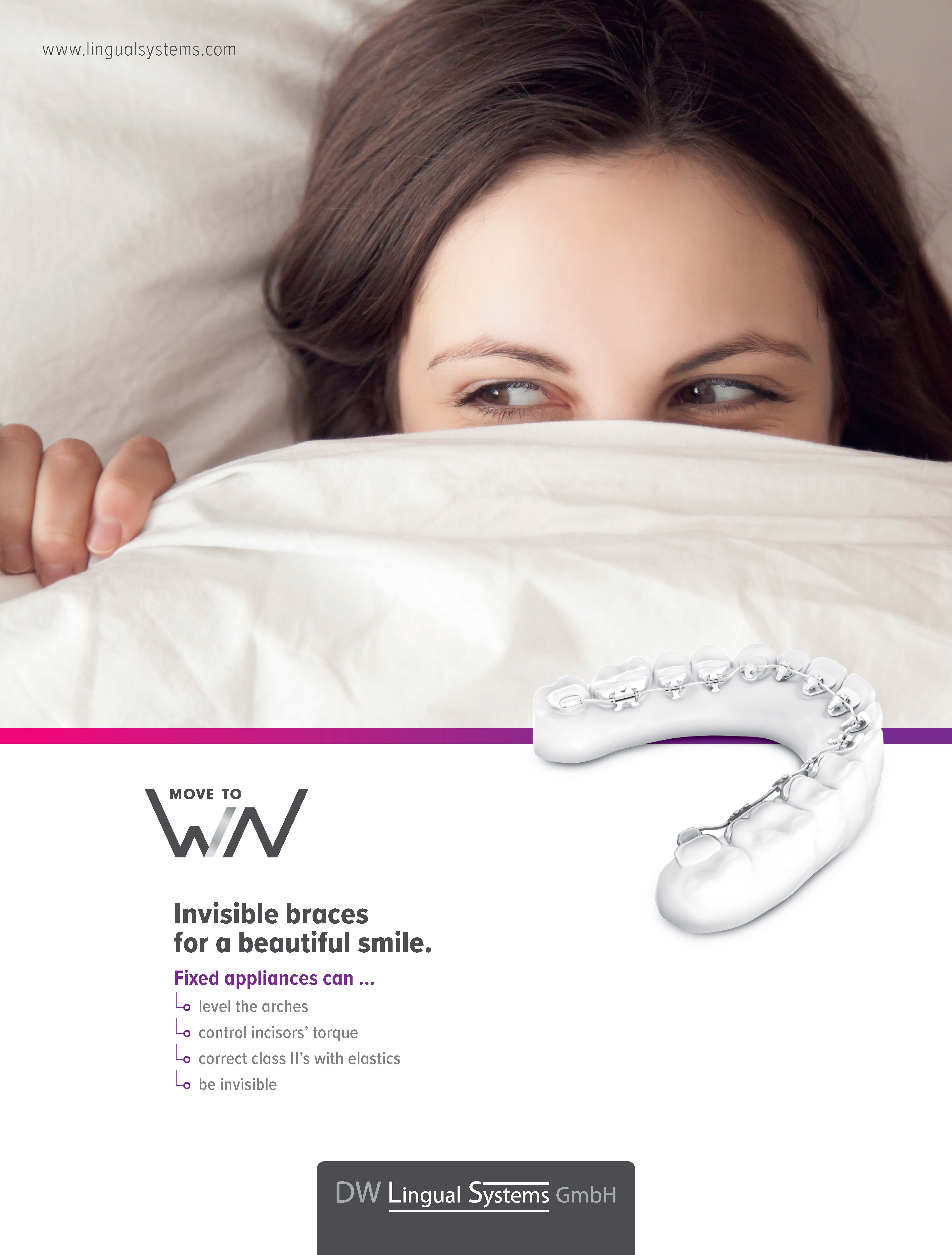New practice owners frequently seek advice about building relationships with dentists. Orthodontists my age may remember taking the Bottom Line practice-management course in residency, where we learned to make “muffin runs” to local offices to drum up new referrals. Such advice is commonplace in business lectures at conferences, but little is said about the opposite scenario: How do you know it’s time to break up with your dentist?
There are several reasons I might choose to end a dental relationship. The dentist might recommend unnecessary treatment, diagnose seemingly everyone with obstructive sleep apnea, condemn premolar extractions, promote Invisalign to my adolescent patients’ parents, create anxiety by treating every orthodontic issue like a five-alarm fire, demand excessively detailed updates about my treatment plan, or question my orthodontic practices to the patient.
Early in my career, I overlooked these indiscretions because I wanted every dentist in my neighborhood to refer to me. I would even become agitated if a consultation from a local dentist came in with a referral to another orthodontist. After 18 years of practice, however, I no longer believe all dentists should refer their patients to me—nor do I want them to. I have found that it is far better to form strong relationships with a small cadre of fierce supporters.
Similar articles from the archive:
- THE EDITOR'S CORNER Relating to Pediatric Dentists April 2016
- THE EDITOR'S CORNER Two-Way Communication May 2006
- THE EDITOR'S CORNER March 1974
During a consultation, if I discover that the patient goes to a dentist with whom I have chosen to end my relationship, I say, “Before we begin, it is crucial that I am on the same page as your dentist, but I haven’t enjoyed working with that office in the past. We have different philosophies on patient care. Can I recommend someone else?” The family must choose between starting orthodontic treatment with me or keeping their current dentist.
This conversation is particularly critical for patients who are considering tooth substitution—the topic of this month’s special issue. Dentists commonly object to canine substitutions. Some view all edentulous spaces as opportunities for implants, with little consideration of the final occlusion or the patient’s finances. The last thing I want is to complete a beautiful substitution on an adolescent with missing laterals only to have the dentist make the parent second-guess my treatment.
The importance of co-elevating relationships was perfectly summed up by Ann Marie Gorczyca, our Management and Marketing Editor, in her book, One Team One Score—Leadership and Teamwork for a Successful Dental Practice1: “As you step up into your [ownership] position, you will find supporters as well as detractors. Embrace your supporters. Ignore your non-supporters. ... In the words of Bernie Stoltz, CEO of Fortune Management: ‘It’s Win/Win or Bye/Bye.’”
As for those “muffin runs,” I find that they seldom work. A recent study showed that dentists primarily consider treatment quality and patient satisfaction when referring to orthodontists; giving gifts has little effect on whose referral pads make the cut.2 I suspect orthodontists select their networks of dentists for similar reasons. Still, as with any relationship, the most important quality in a partner is loyalty. Damage the rapport I have with my patients, and consider the two of us kaput.
NDK
REFERENCES
- 1. Gorczyca, A.M.: One Team One Score—Leadership and Teamwork for a Successful Dental Practice, Authority Publishing, Folsom, CA, 2023.
- 2. Lee, D.S.; Sulkowski, T.; Bocklage, C.; Frazier-Bowers, S.A.; Wiesen, C.; Mihas, P.; and Jacox, L.A.: Identifying factors that impact general dentists’ referrals to orthodontists, Am. J. Orthod. 161:e147-e171, 2022.



COMMENTS
.